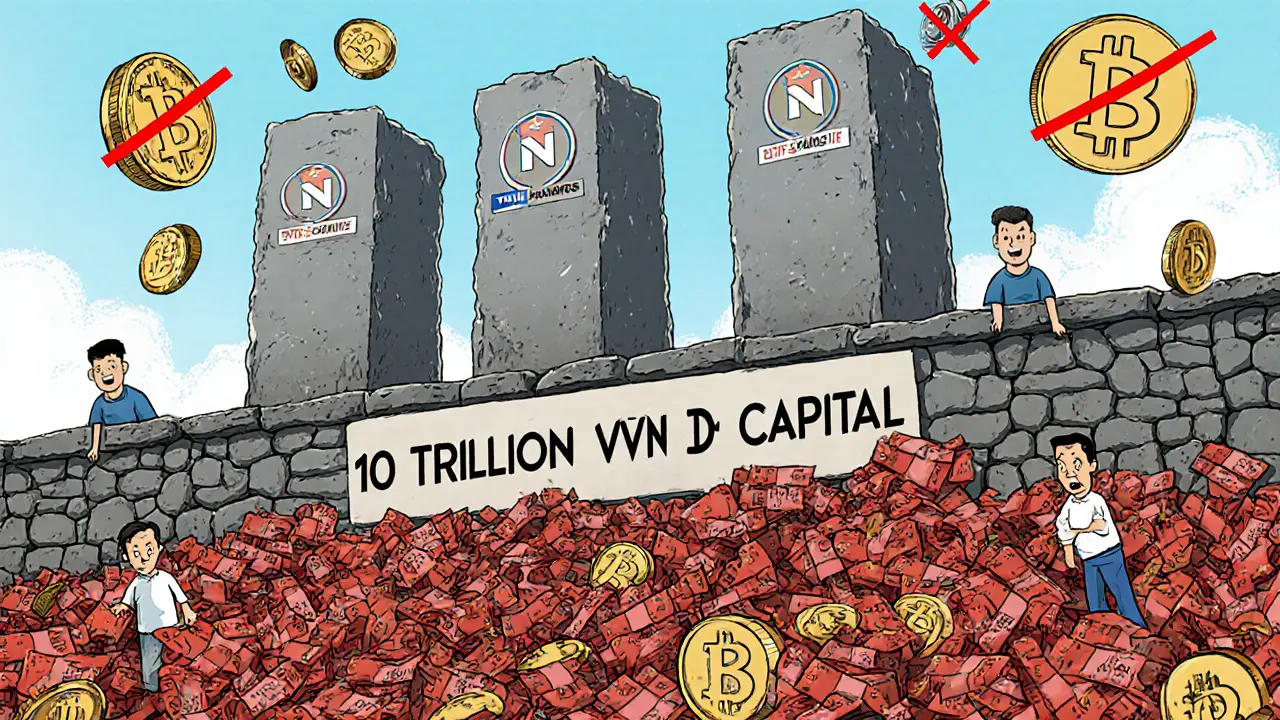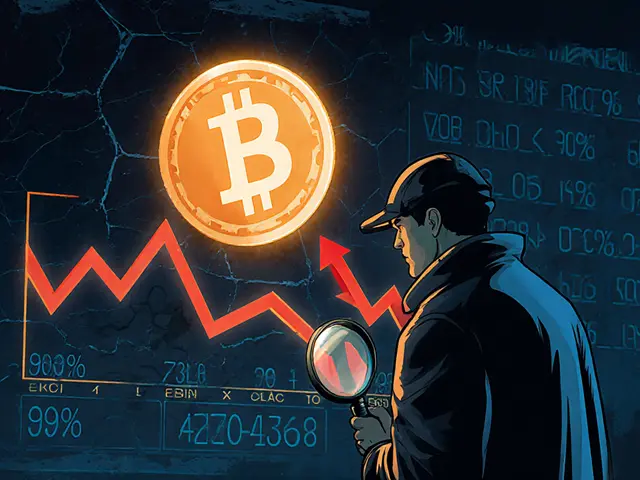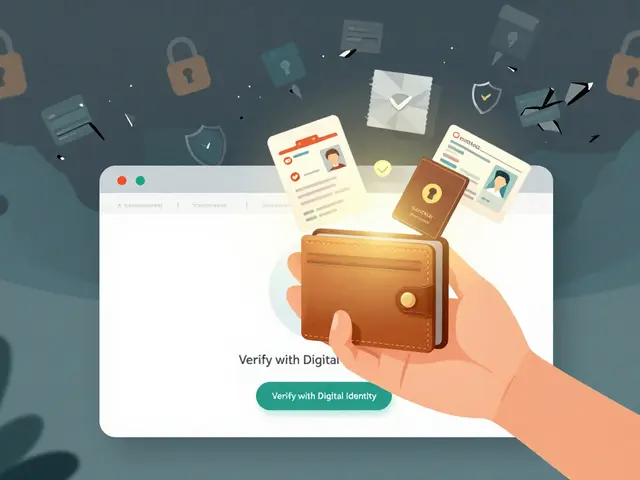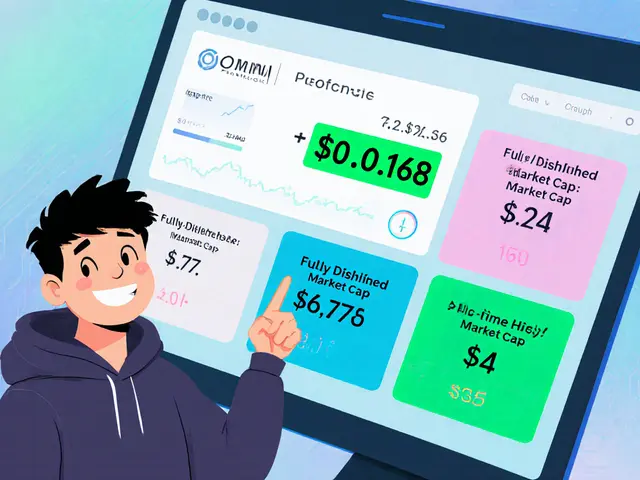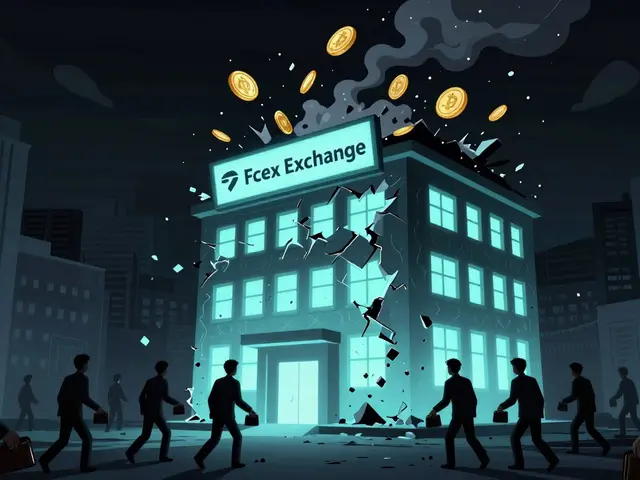Cryptocurrency Exchange License: What It Means and Which Exchanges Have One
When you hear cryptocurrency exchange license, a legal authorization that lets a platform operate as a crypto trading service under government oversight. Also known as crypto broker license, it’s the difference between a platform that’s accountable and one that vanishes overnight. Most people think if a site lets you buy Bitcoin, it’s legit. But without a license, it’s just a website with a wallet—no legal backup, no recourse if things go wrong.
A KYC compliance, the process of verifying a user’s identity before allowing crypto trades isn’t optional for licensed exchanges. It’s the first rule. The same goes for AML crypto, anti-money laundering systems that track suspicious transactions to stop fraud and illegal activity. These aren’t buzzwords—they’re requirements enforced by regulators in the EU, U.S., Canada, and more. If an exchange skips KYC or ignores AML checks, it’s not cutting corners—it’s breaking the law. And if you’re using it, you’re at risk too.
Look at what happened in India: exchanges like Binance and WazirX were blocked not because crypto was banned, but because they refused to register with FIU-IND. In Russia, platforms like Garantex got shut down for operating without local licenses. Meanwhile, in the EU, MiCA licensing, the new EU-wide framework that sets strict rules for crypto service providers is forcing platforms to prove they’re secure, transparent, and financially sound. That’s why exchanges like ANONDAX and BingX—licensed in Canada and the EU—can afford to publish detailed security audits. The unlicensed ones? They don’t. They can’t.
You don’t need to be a lawyer to spot the difference. A licensed exchange tells you where it’s registered, shows its license number, and links to regulatory filings. An unlicensed one hides behind "no KYC" as a feature. That’s not freedom—it’s a red flag. And if you’re trading on a platform that doesn’t have a license, you’re gambling with your funds, not investing.
Below, you’ll find real reviews of exchanges that got flagged for missing licenses, countries that cracked down on unregistered platforms, and how to verify if the one you’re using is actually legal. No fluff. Just what you need to stay safe and avoid losing money to a platform that doesn’t answer to anyone.

